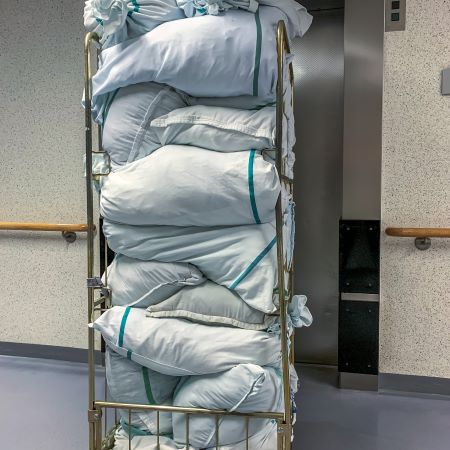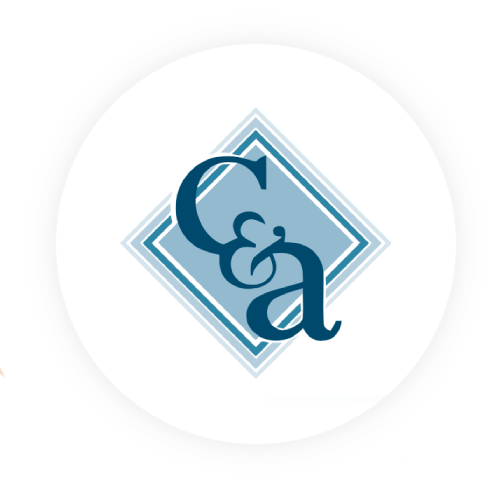New & Revised Requirements Addressing Antibiotic Stewardship
On August 4, 2021, The Joint Commission posted new elements of performance related to MM 09.01.01 Antibiotic Stewardship.
New & Revised Requirements Addressing Antibiotic Stewardship Read More »





